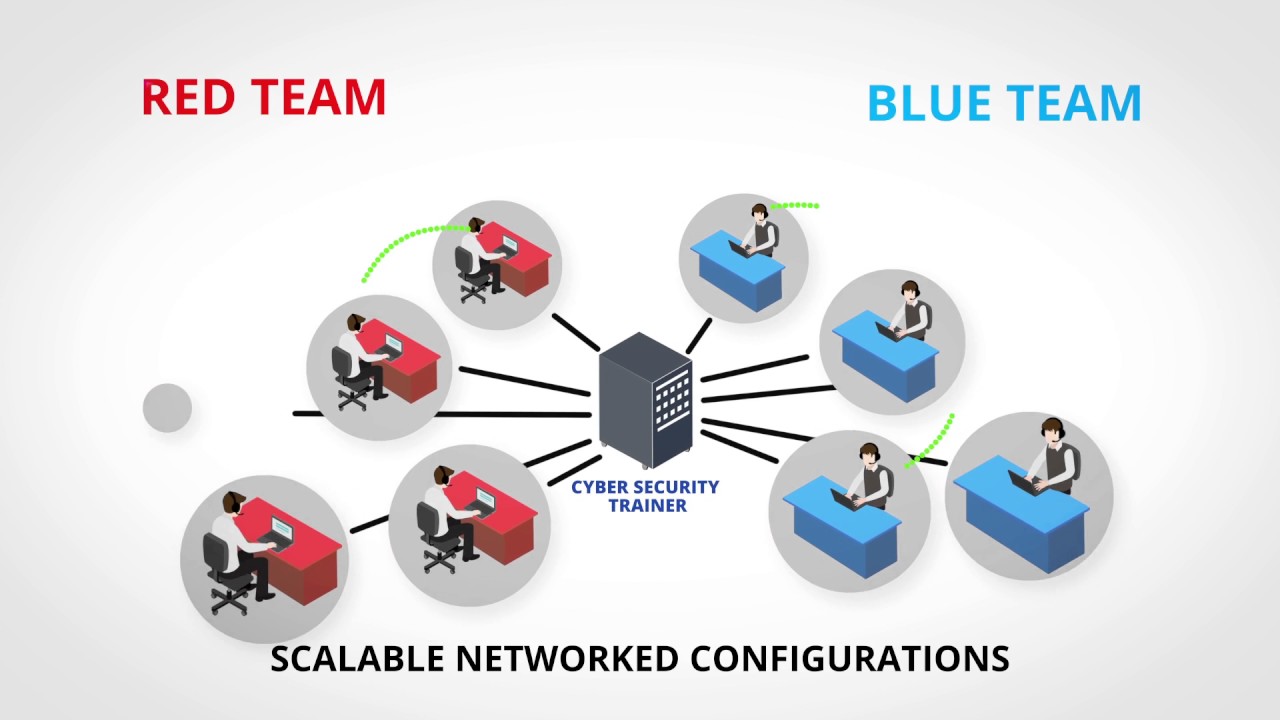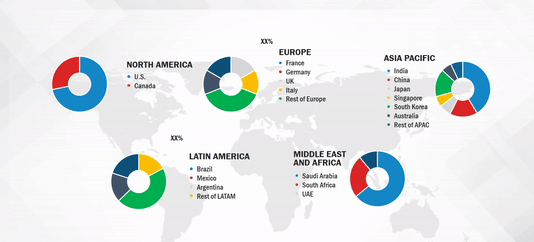World heading towards hybrid warfare: Pakistani expert
TEHRAN – A Pakistani researcher in Arms Control & Disarmament Centre (ACDC) believes that the world is heading towards hybrid warfare, which will push West Asian countries to design their cybersecurity policies.
“I believe that the world is experiencing the rise of hybrid warfare where the classical warfare model is complemented by non-kinetic tactics,” Aamna Rafiq tells the Tehran Times.
“In the contemporary strategic landscape, states and non-state actors prefer synergized and tailored use of their military, economic, political, civilian, and informational power to target the specific vulnerabilities of their adversaries.”
Today, cyber wars are no longer hypothetical. Every event that was imagined in stories about cyberwar has now actually occurred.
Cyberwar has left the pages of overblown science fiction open and the tabletops of Pentagon war games have become a reality.
More than ever before, it’s becoming clear that the threat of hacking goes beyond nuisance vandalism, criminal profiteering, and even espionage to include the sort of physical-world disruption that was once possible to accomplish only with military attacks and terroristic sabotage.
“Cyberwarfare, espionage, disinformation, psychological warfare, religious warfare, separatist movements, regime change, resource warfare, lawfare, trade wars, terrorism, coercive diplomacy, and economic sanctions are few examples of these non-kinetic tactics,” Rafiq argues.
Following is the text of the interview:
Q: How do you evaluate the recent cyberwars in West Asia? What does distinguish the region in this regard?
A: The Middle East (West Asia) is a classic case of cyber realism where every cyberattack is a calculated strategic move with far-reaching geopolitical and security implications. In the Middle East (West Asia), cyberspace is just another domain where states have brought their pre-existing conflicts, territorial disputes, power struggles, blame casting, strategic interests and security dilemmas. What makes cyber warfare in the Middle East (West Asia) more dangerous and distinct from the rest of the world is the sophistication and exclusivity of cyberattacks. The complexity,…


